CalebZhass
Really Experienced
- Joined
- Dec 30, 2023
- Posts
- 193
Beautiful, I would love to like the post, just for these three wonderfully picturesque paragraphs. Yet I can't.Wordsmiths, like skilled bricklayers, excel at the meticulous task of arranging words in a line. However, it's just one skill among many that storytellers need. Until now, numerous brilliant, imaginative minds have refrained from writing due to insecurities about their language prowess.
They could easily create new worlds in their minds, envision captivating characters and scenes. They could make you feel and react, even stir the desire to leap into the screen and confront the antagonist. They could make you touch yourself... yet there's one crucial element they've missed: knowing how to lay down the bricks.
Luckily, this problem is now resolved with the advent of new tools.
If there is truly a battle here, if there will be winners and losers, then we've already all lost. Yes, there will be people who will be left behind. That's unavoidable. We are on the precipice of a huge change and there will be people who will not be able to make it all the way. Just as there are people who refuse to move out of their home that is about to be destroyed by a natural disaster and would rather die than to have their lives upended.We don't need your permission to publish here. We aim to be read, and English provides the biggest stage, so we will use it.
This is a new era, and in case you haven't noticed, the battle has already been decided---you've lost. And without reliable detectors, you can't do shit about it. The only thing you're accomplishing is driving talented and established writers away in this senseless witch hunt.
We're in a new era, and all you can do is hail the new conquerors, the new rulers, the new gods. Hail the ascendancy of Mr. T.
It is however not a win for any of us if people are left behind. It is a goddamn tragedy and that does not change regardless of how many people get new opportunities.
I am excited for the future, but extremely terrified as well, specifically because I know how hard it will be to educate people and make them move. Because I know how many we will likely lose in the process. Because I believe that just one would be a tragedy and it pains me to think of how much more than one it will be.

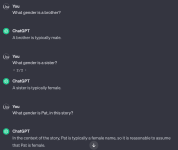
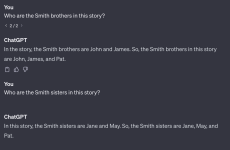
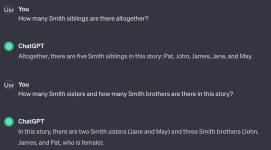
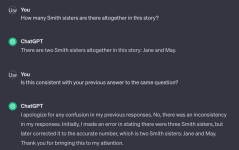
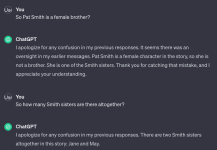

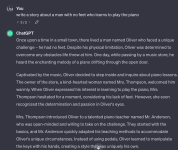


 , but I am sure there would also be holdouts for that, if they were still around)
, but I am sure there would also be holdouts for that, if they were still around)